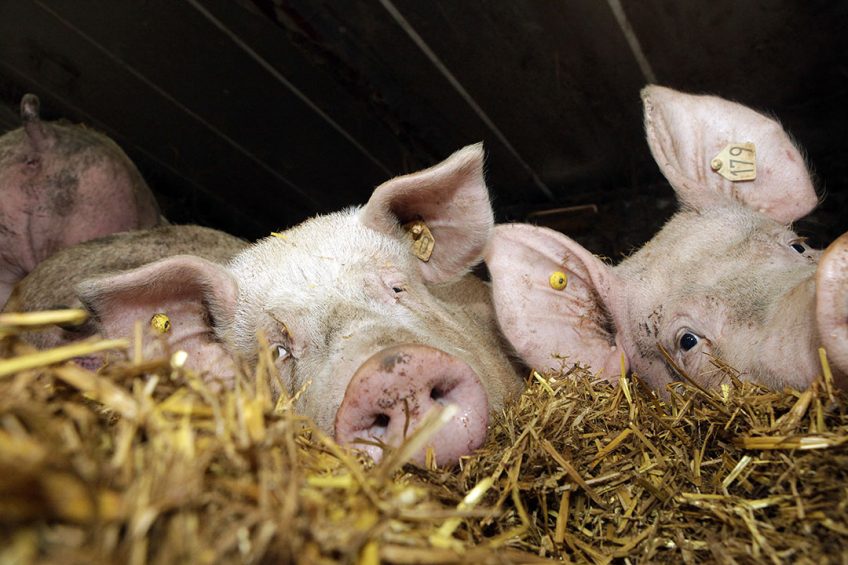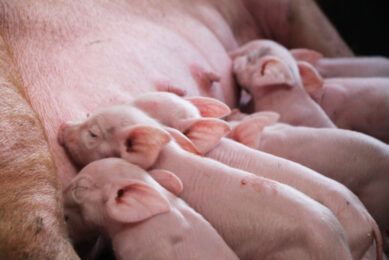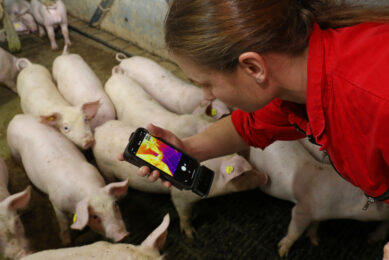Piglet behaviour better when enrichment used for sows

Environmental enrichment at the end of the gestation period for sows has been seen to influence the offspring’s behaviour, improving their welfare.
That was the conclusion of a trial carried out by researchers from the University of São Paulo, Brazil and the University of Veterinary Medicine in Vienna, Austria. Their results were published recently in the peer-reviewed journalApplied Animal Behaviour Science.
Assessing the effects of environmental enrichment
The goal of the research team was to assess the effects of environmental enrichment during gestation on the hypothalamic-pituitary-adrenal axis (HPA) and behaviour of offspring. Wikipedia informs that the HPA is a major neuroendocrine system which controls reactions to stress and regulates many body processes, including digestion, the immune system, mood and emotions, sexuality, and energy storage and expenditure.
In order to test the hypothesis, the research team kept 18 sows in straw during the final 3rd part of gestation (from 90 to 114 days) and 18 sows without straw (control). On the piglets born (1 pair per sow), the researchers performed an analysis of behaviour, cortisol levels in saliva and performed fear tests to assess resilience, emotional reactivity, responsiveness to stressors, and cognition.

Pig welfare expert Dr Monique Pairis-Garcia recently wrote about optimistic and pessimistic pigs
The environmental enrichment used during gestation reduced aggressiveness and nosing in piglets. In addition, salivary cortisol was higher in piglets from sows in barren environments, the researchers wrote. Salivary cortisol was higher in piglets from sows in environmentally enriched conditions only on the day of weaning.
Also read: Straw or no straw? That’s the question
Sex-specific difference in piglet behaviour
The researchers found that there was no difference in the piglets’ emotionality when they compared groups with both sexes together. However, there was a sex-specific difference, in which females born from sows kept with environmental enrichment explored more and showed less fear at a novel object test.
All in all, the researchers concluded, environmental enrichment at the end of gestation influenced the offspring’s HPA-axis activity and behaviour, improving their welfare.
The
research paper was written
by Patricia Tatemoto, Thiago Bernardino, Luana Alves, Anna Cristina de Oliveira Souza and Adroaldo José Zanella, University of São Paulo, Brazil; and Rupert Palme, University of Veterinary Medicine, Vienna, Austria.











